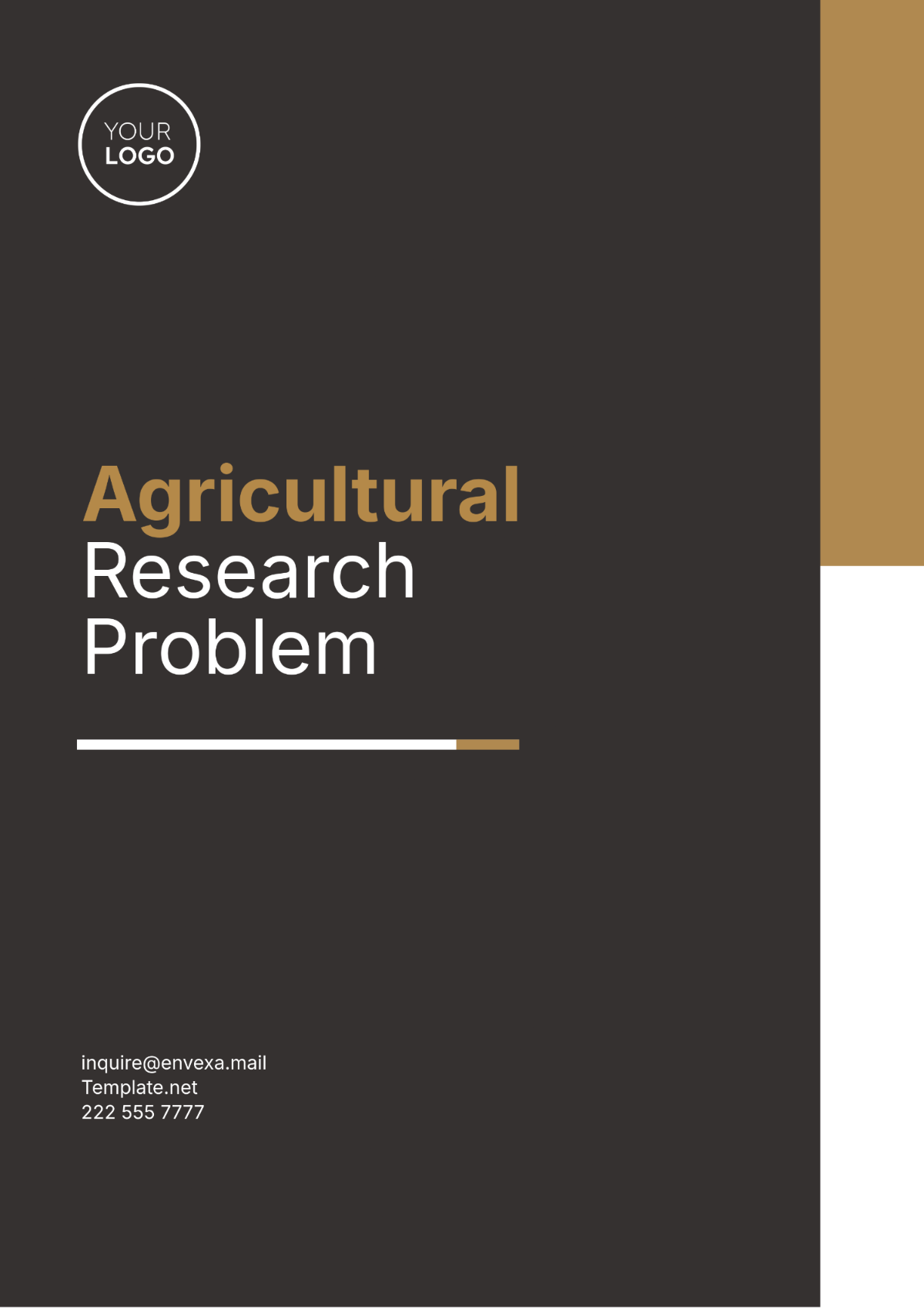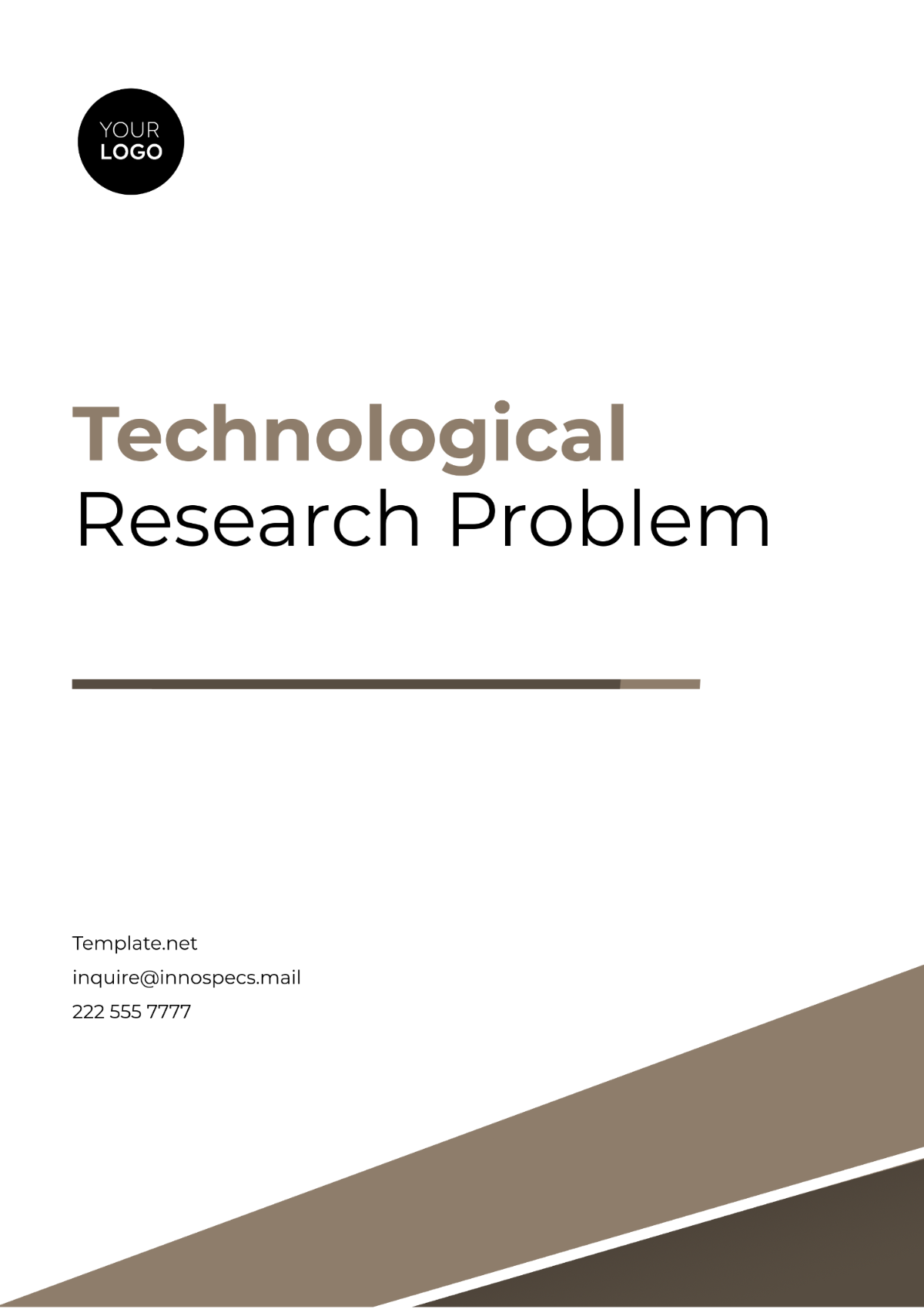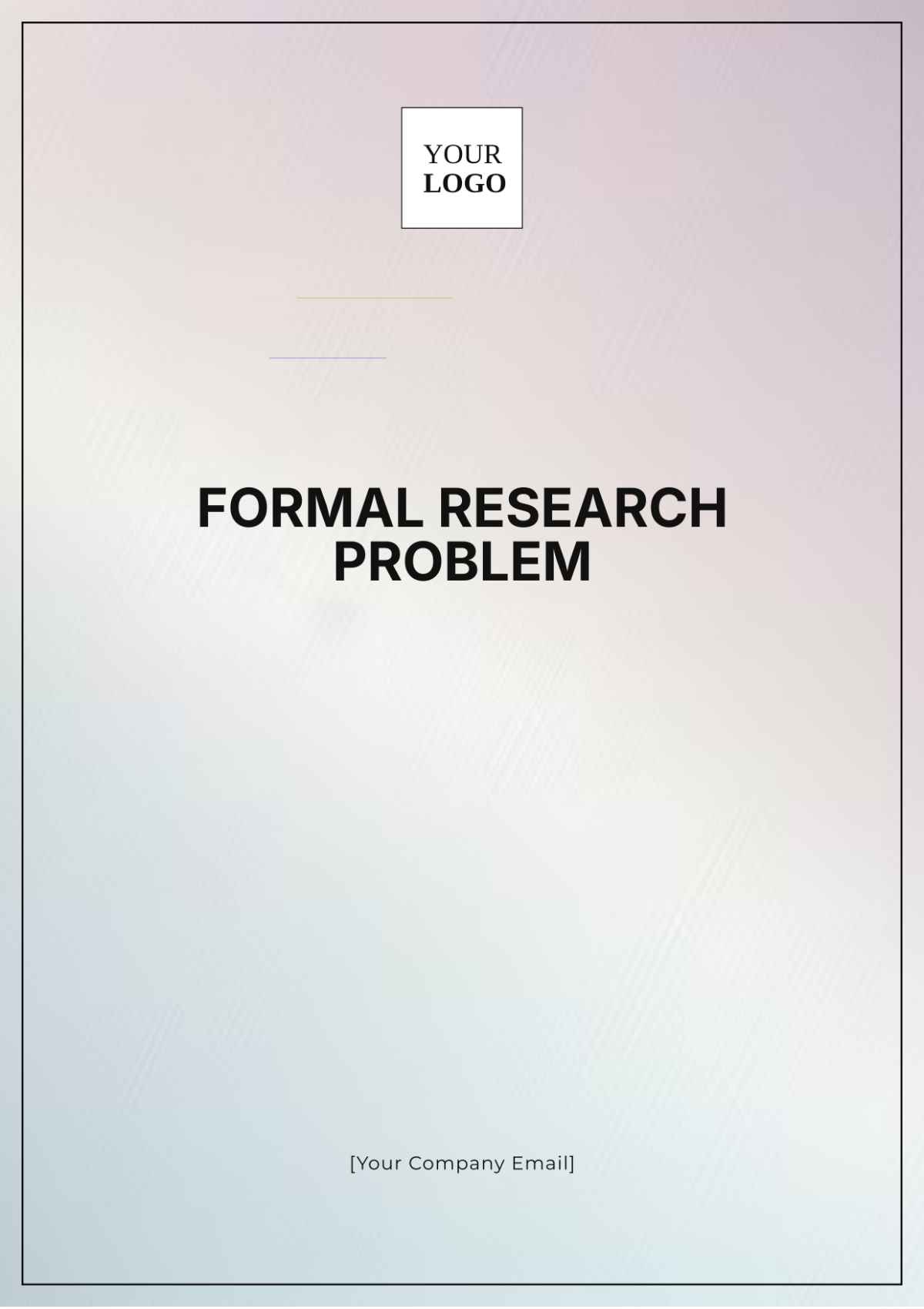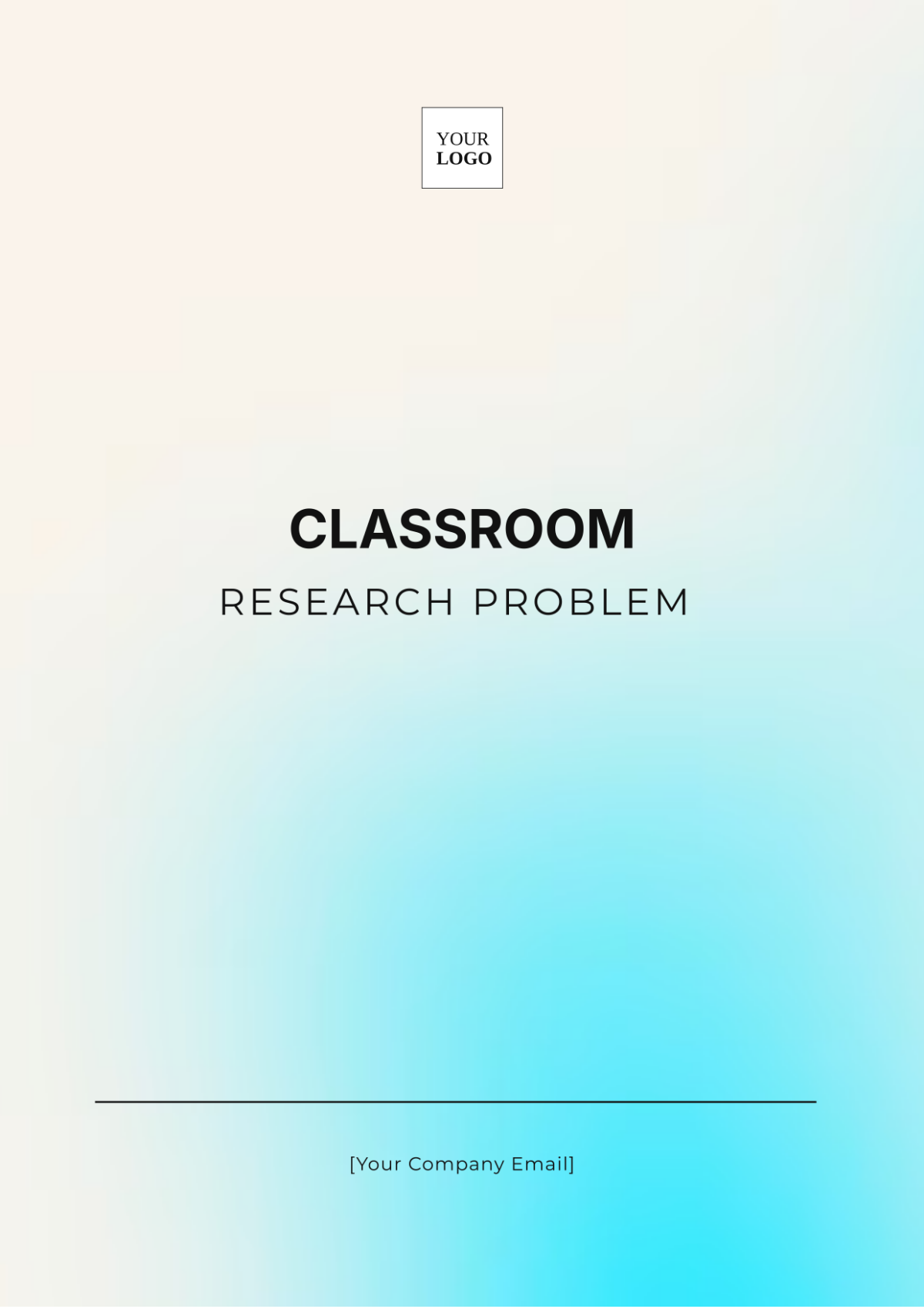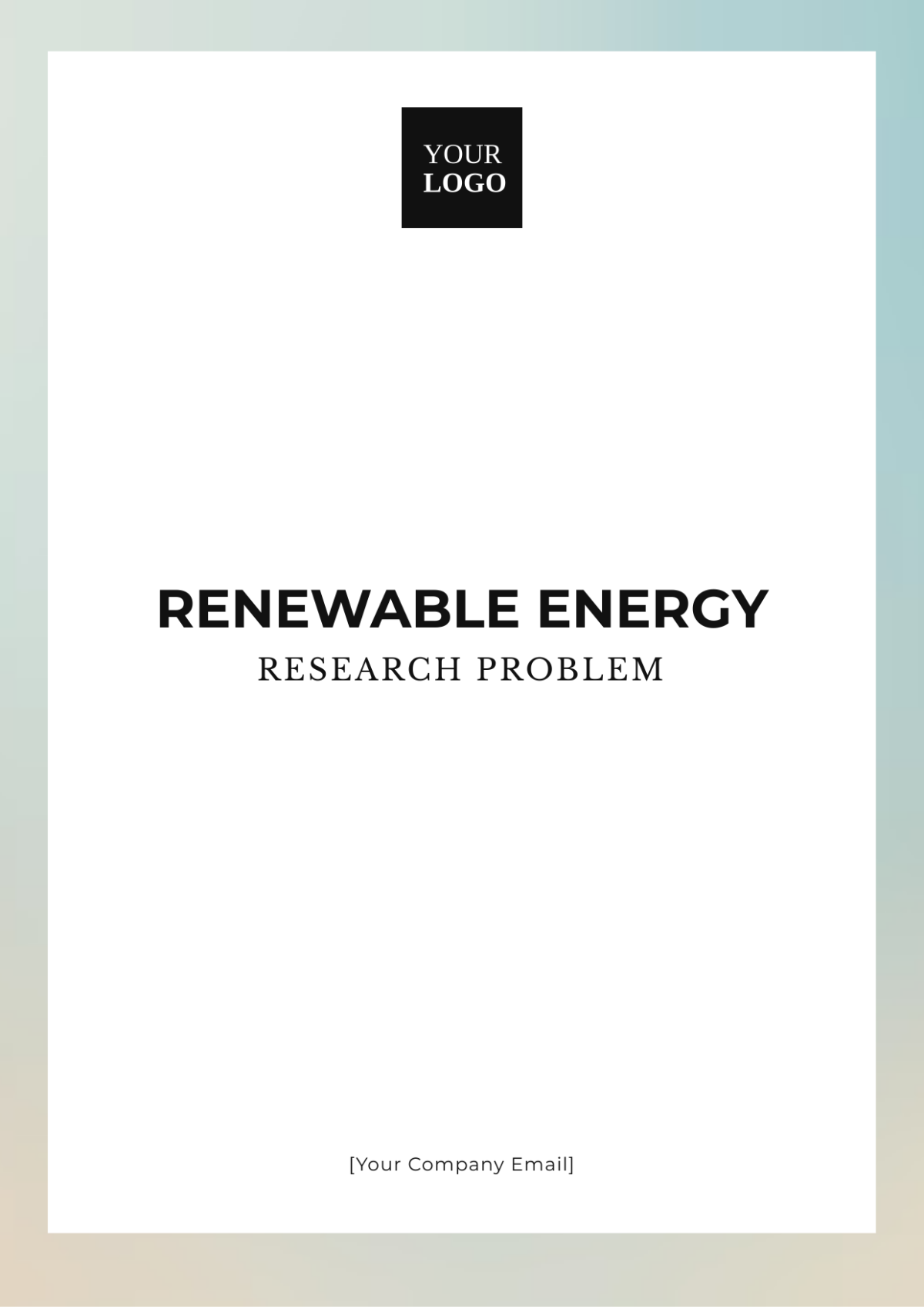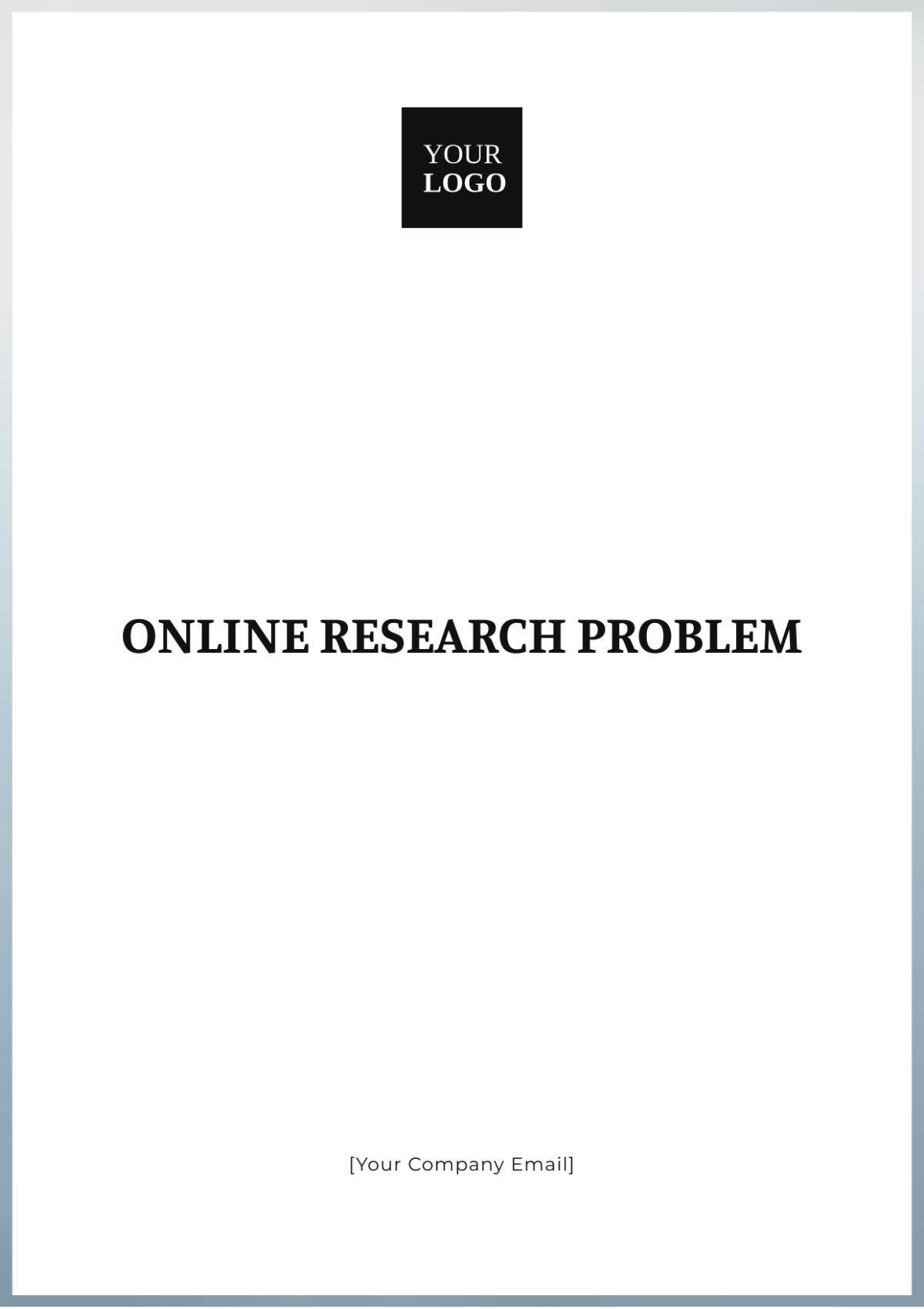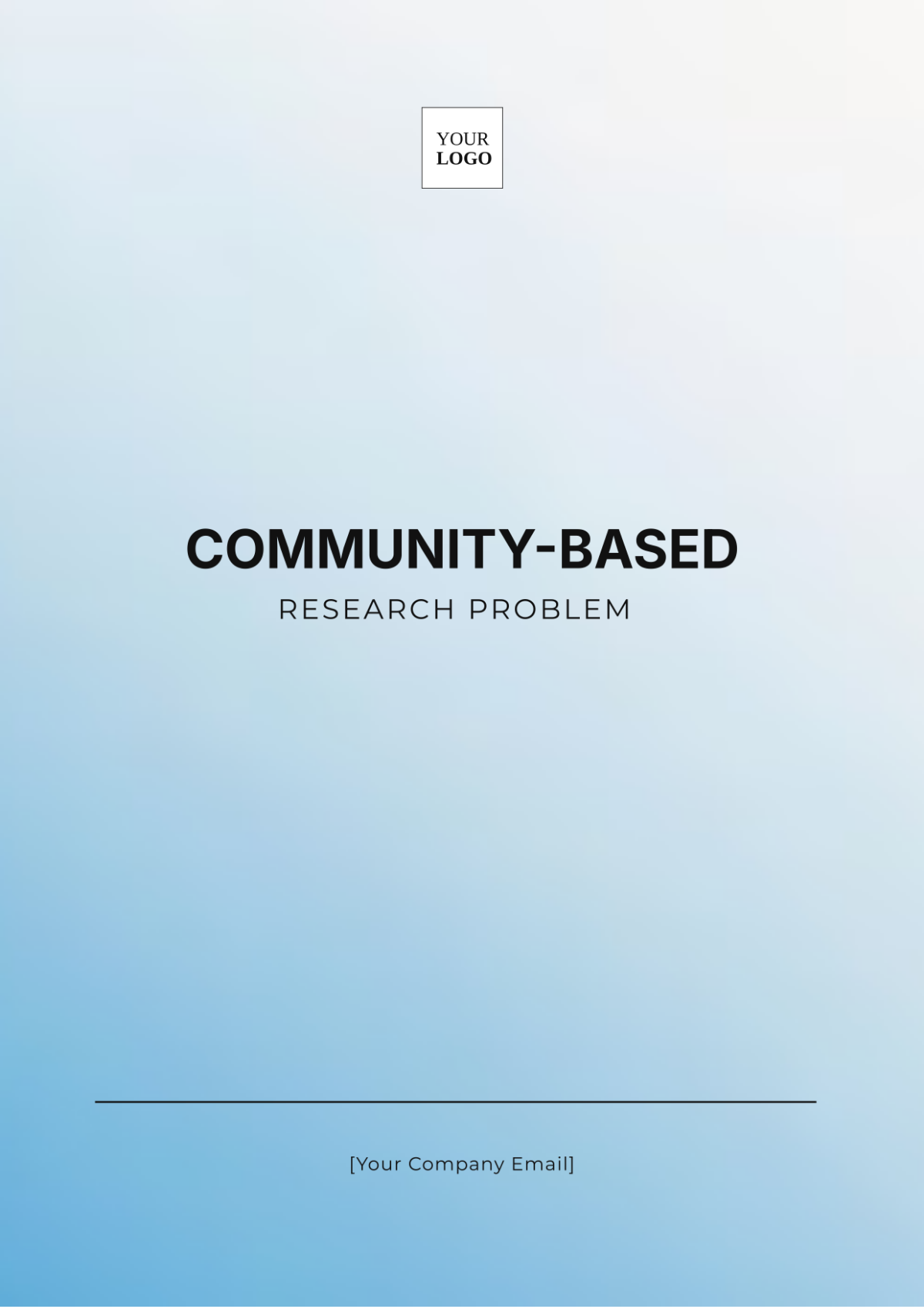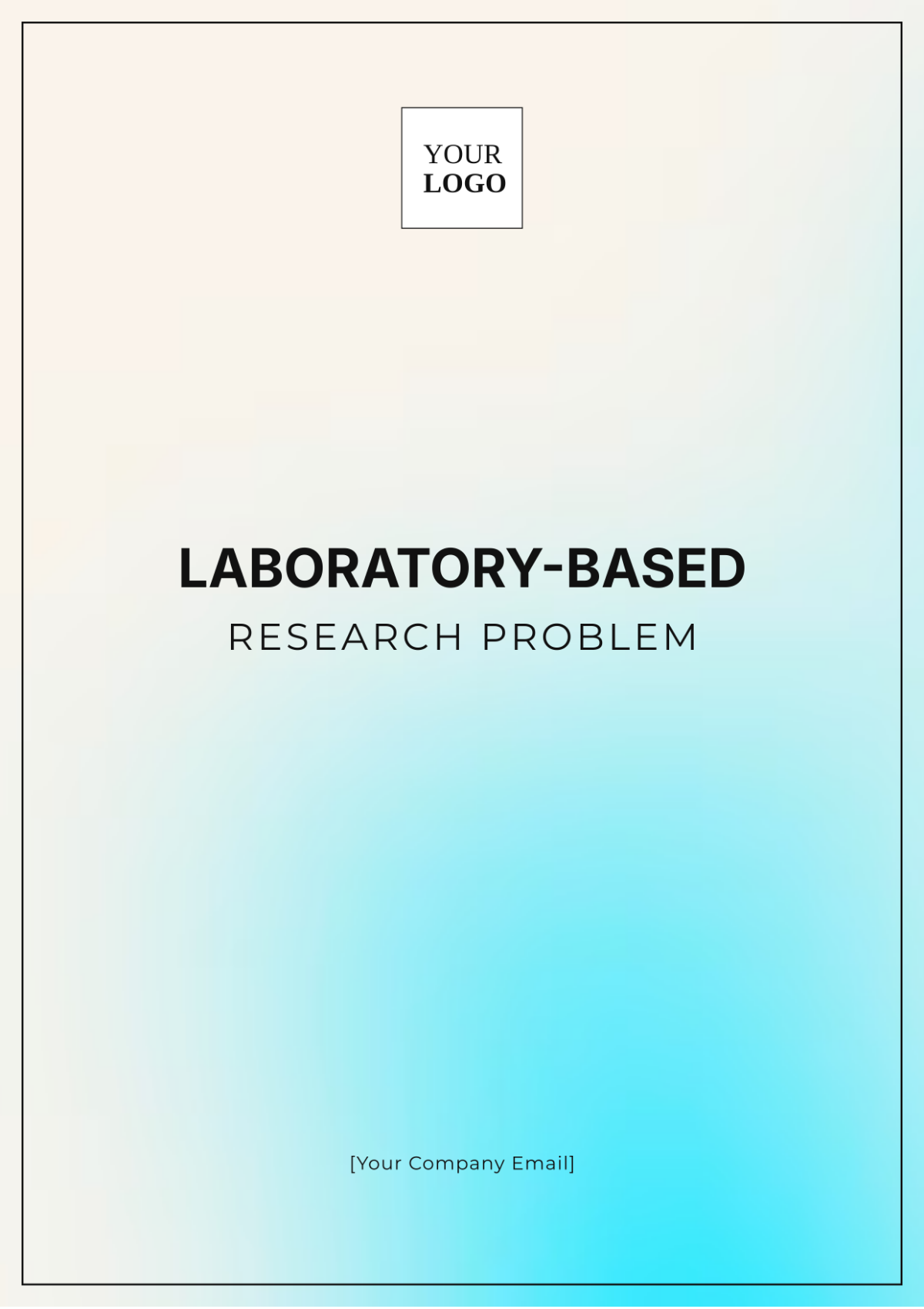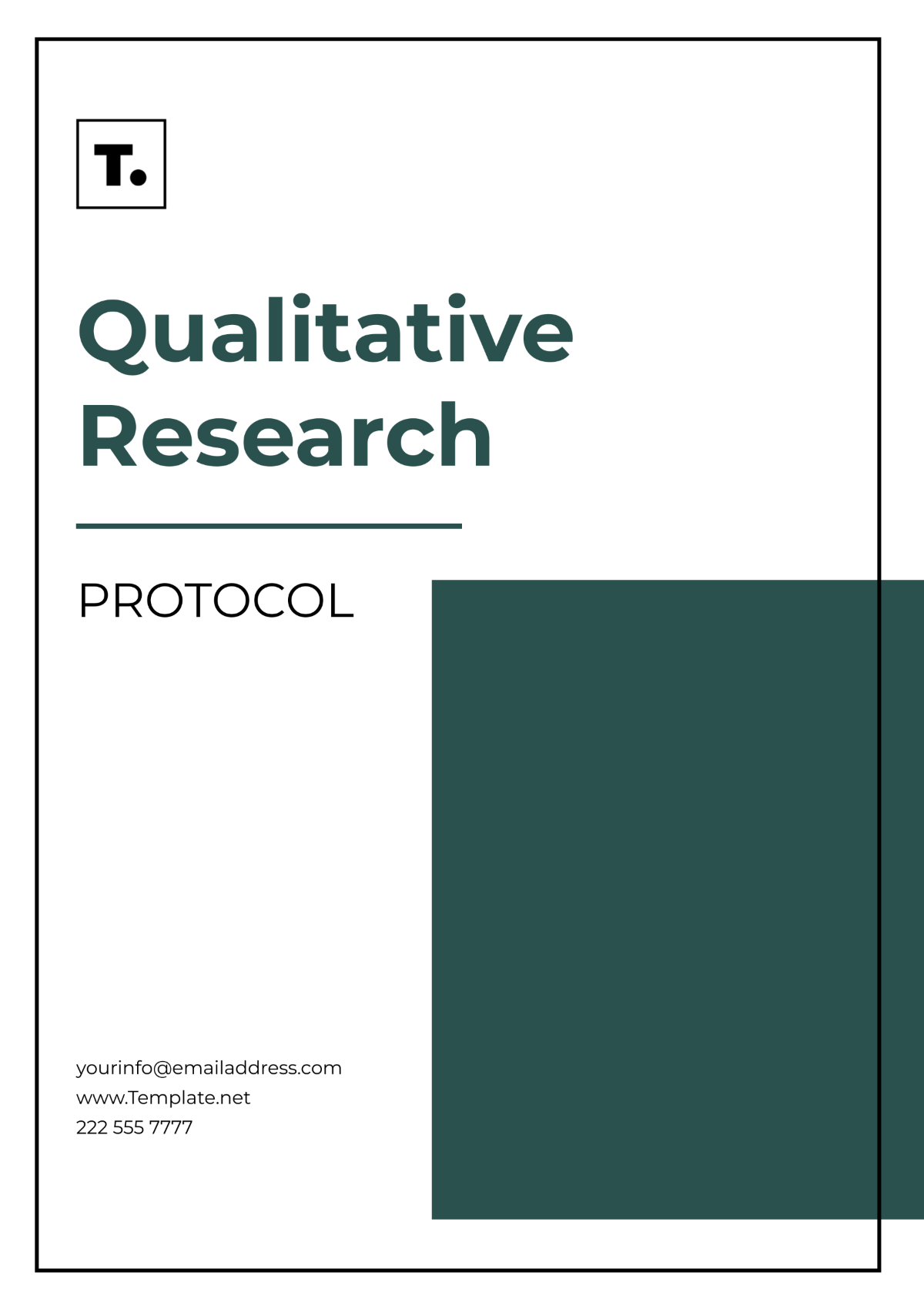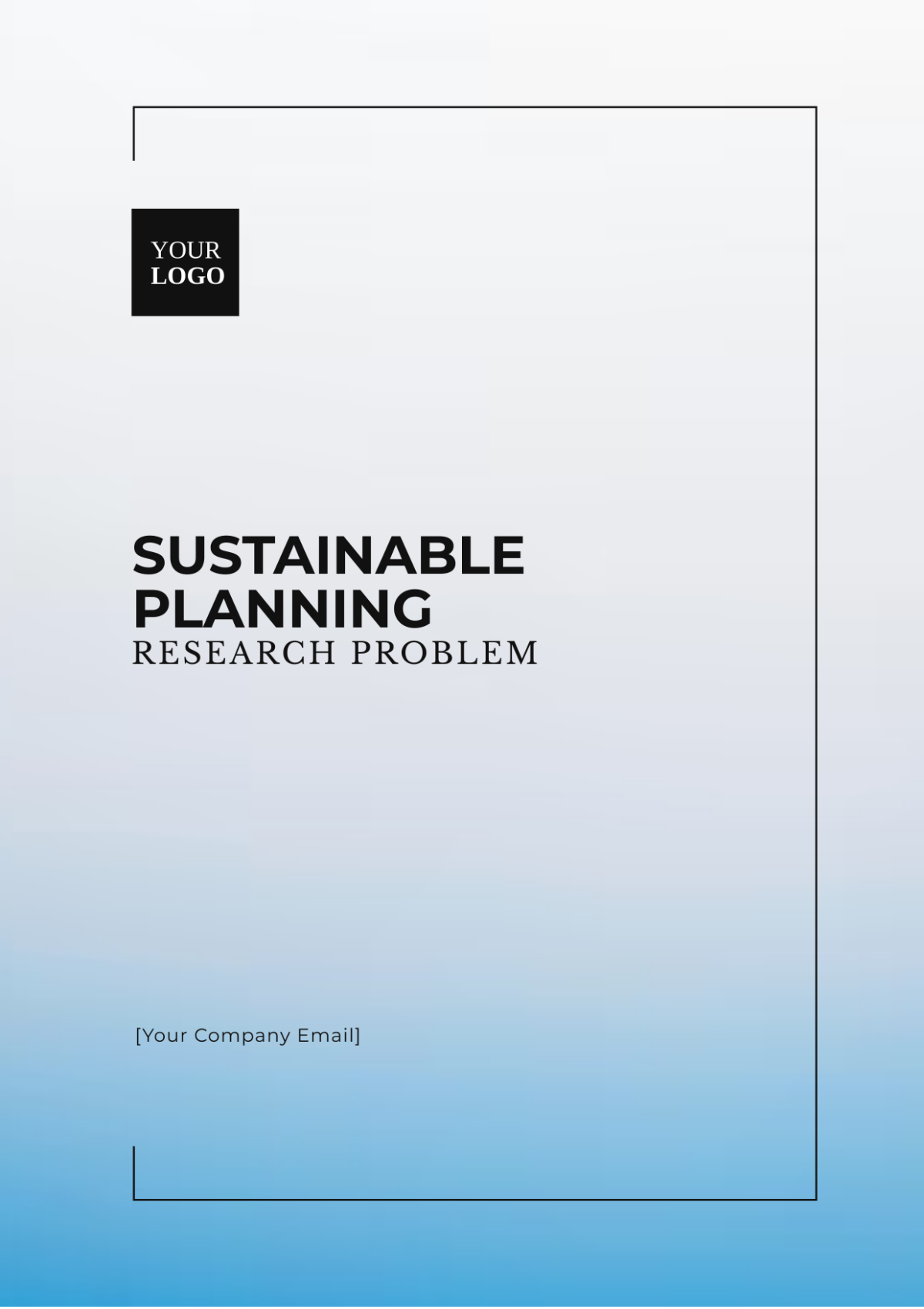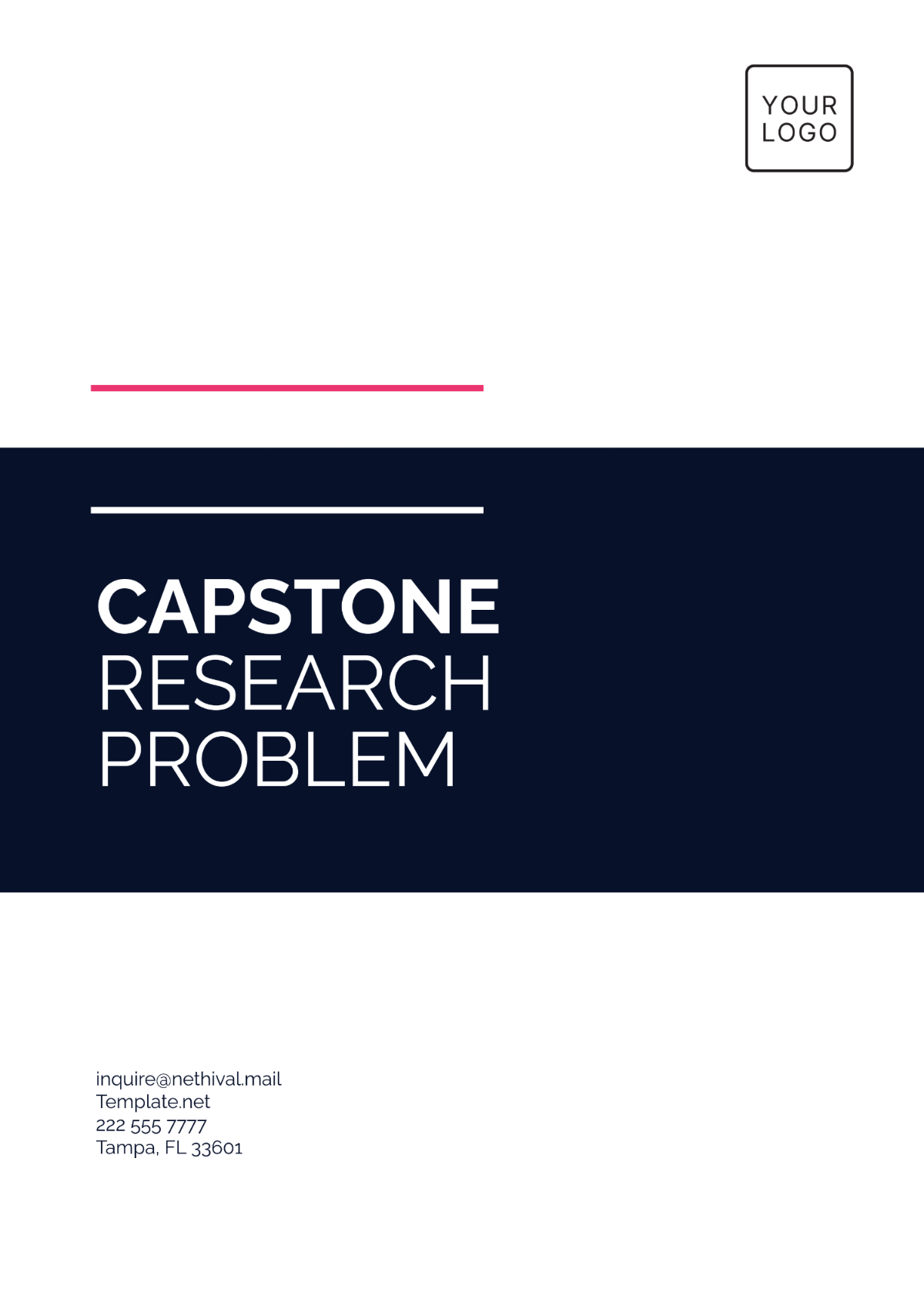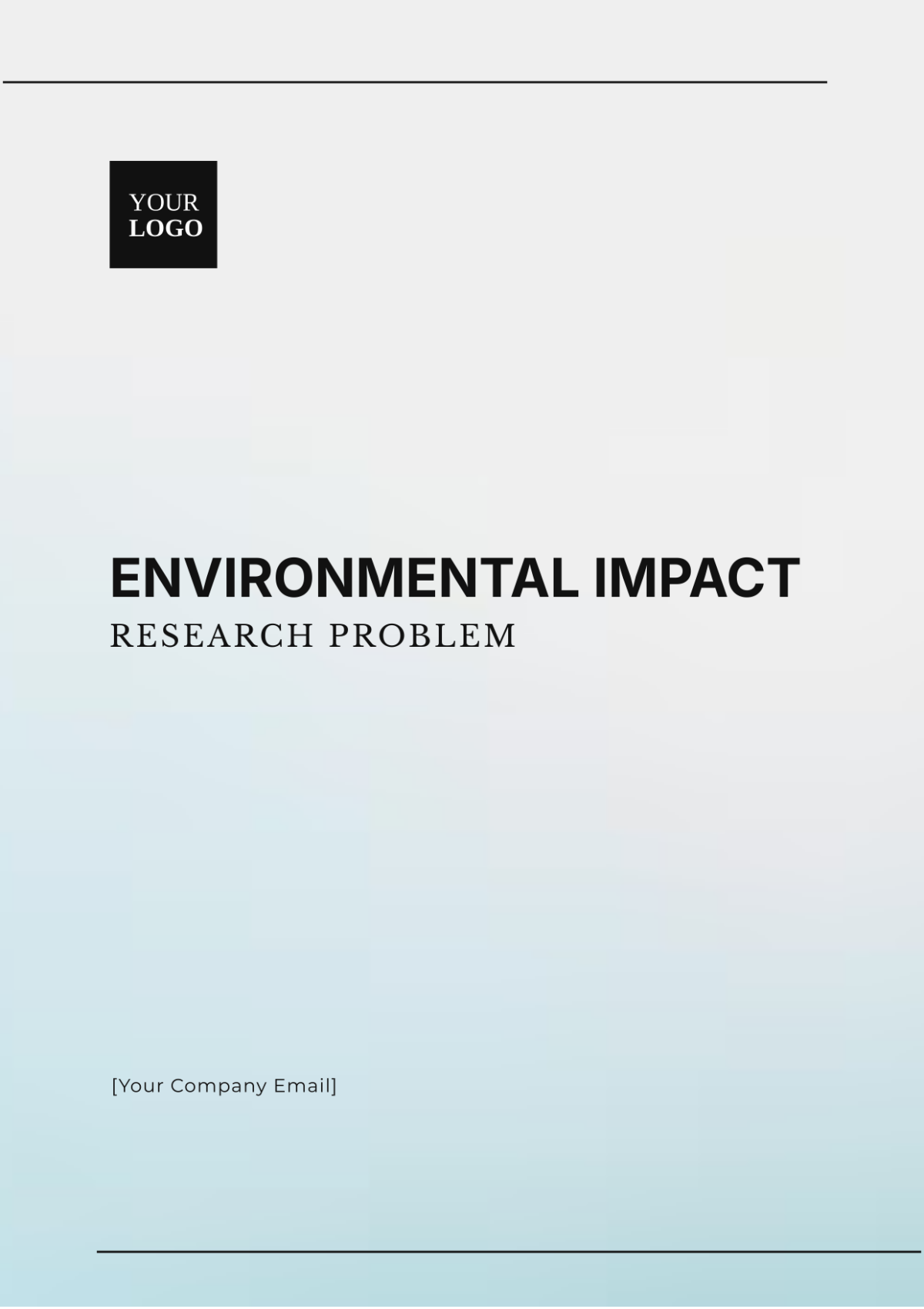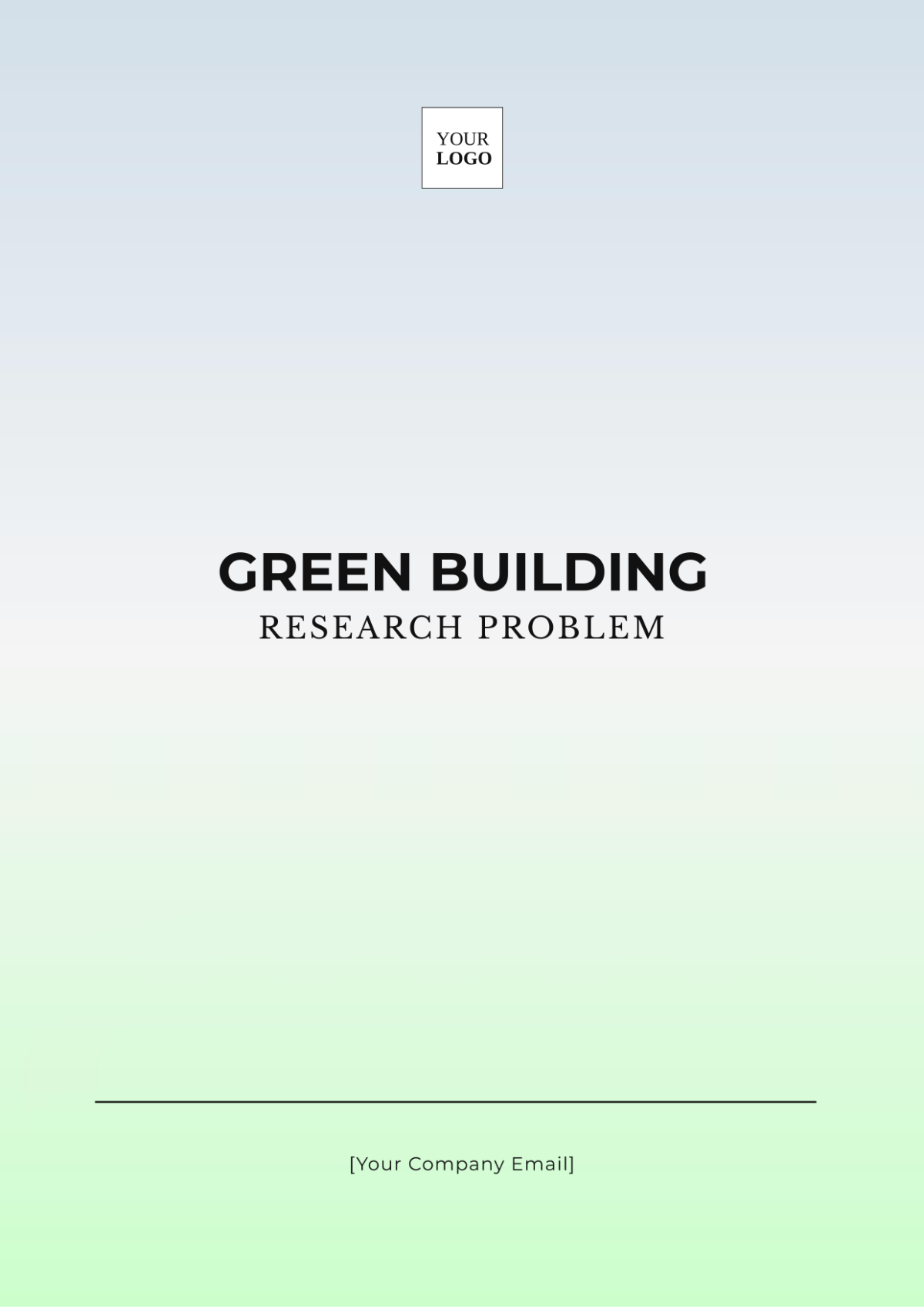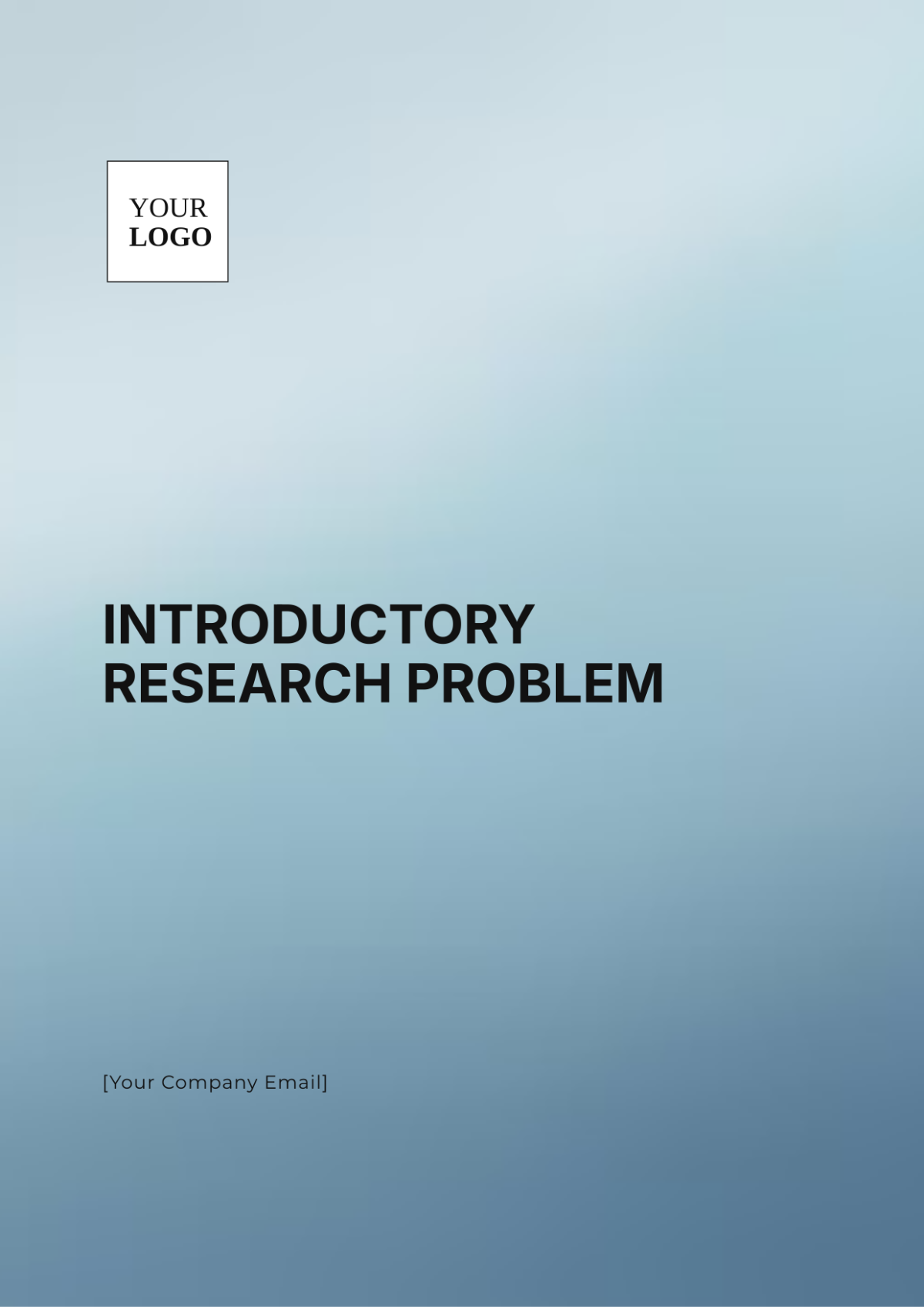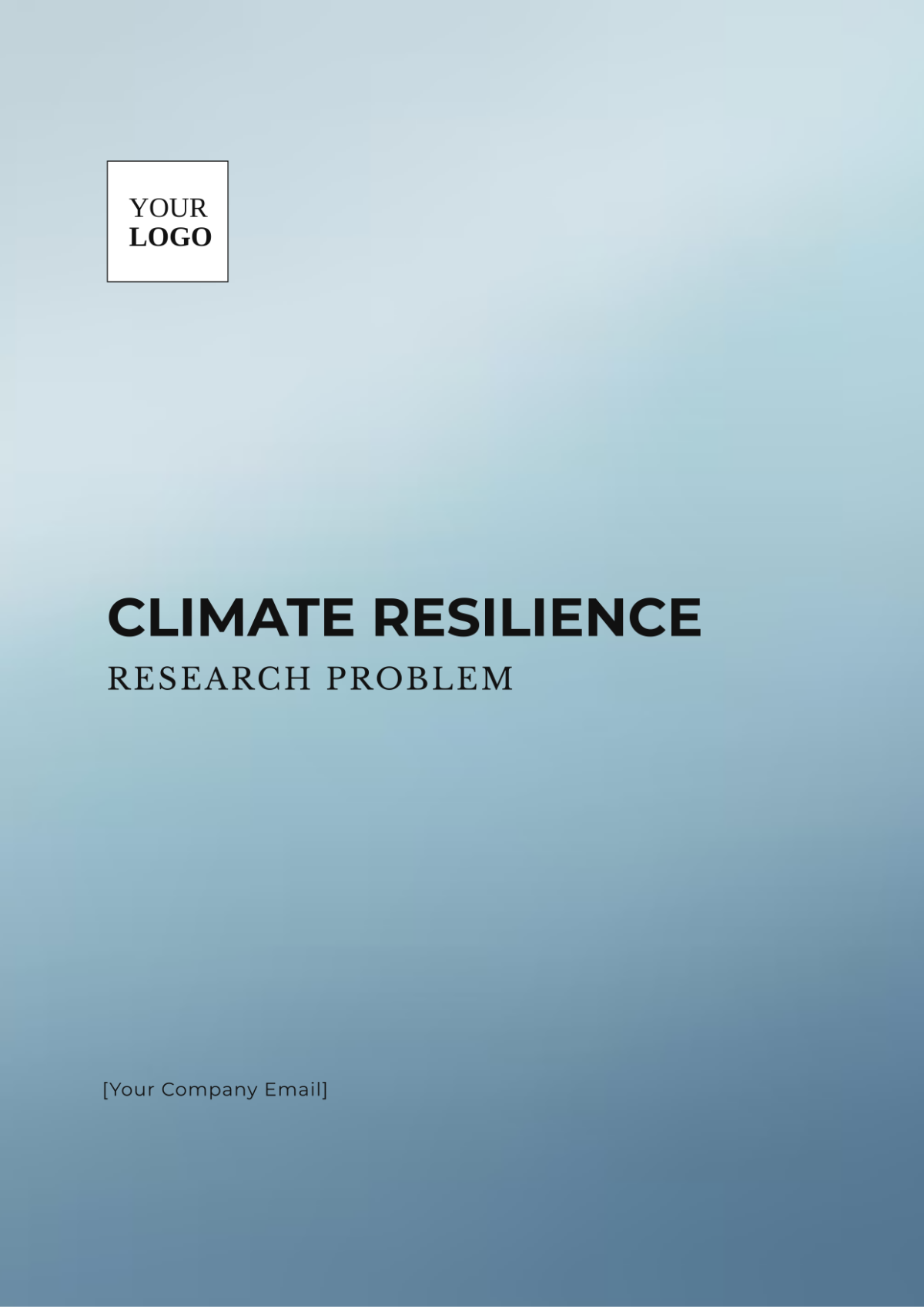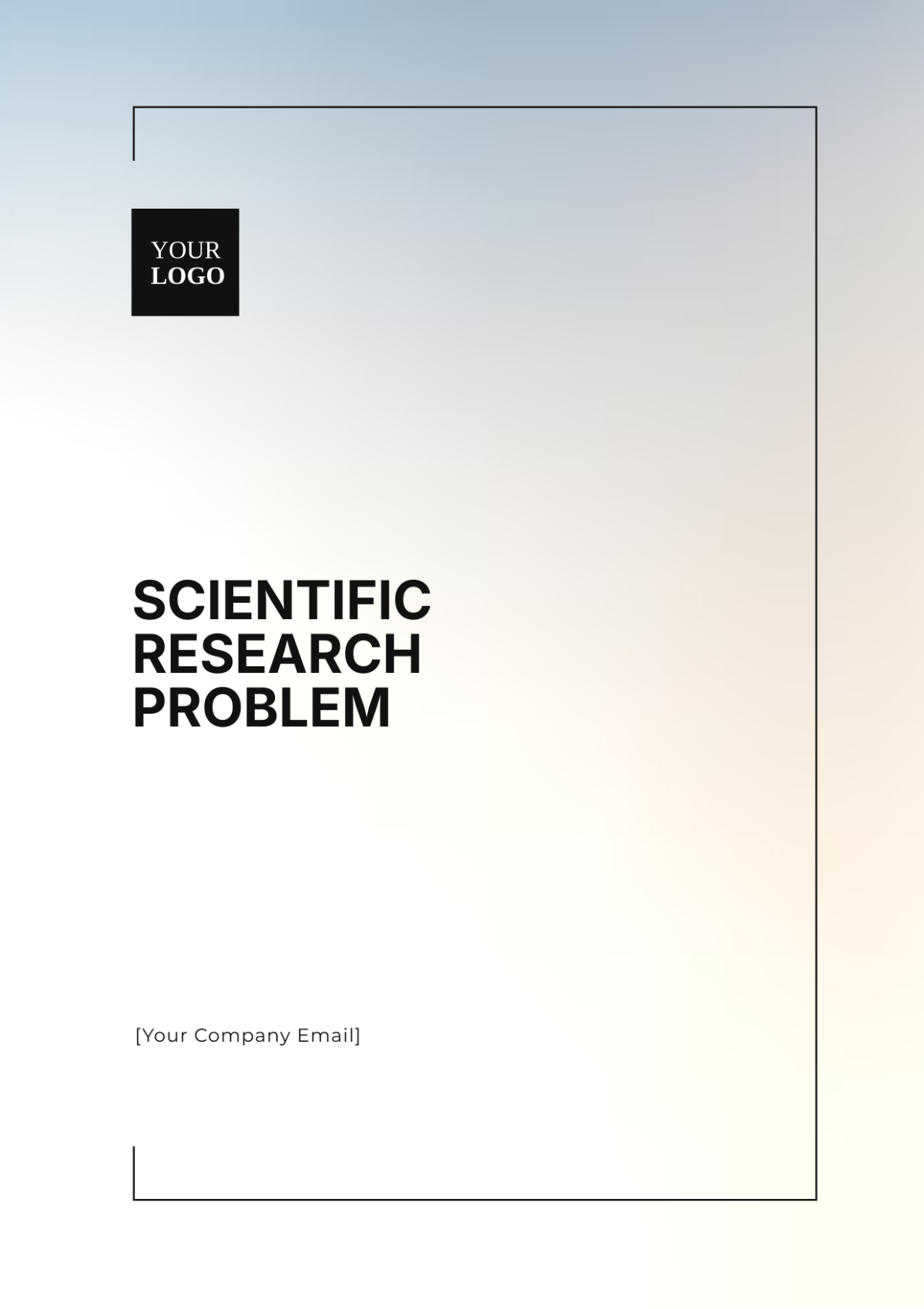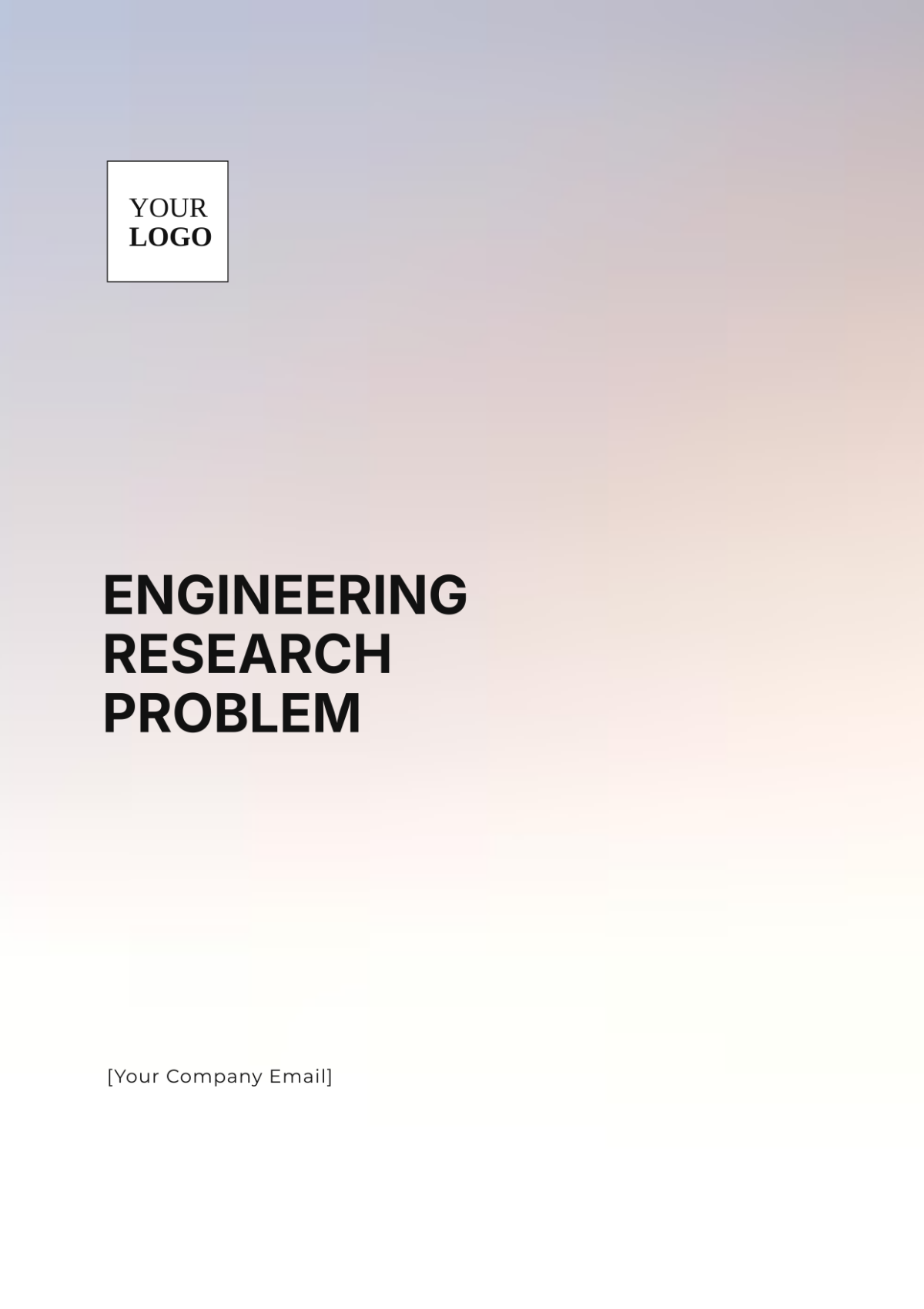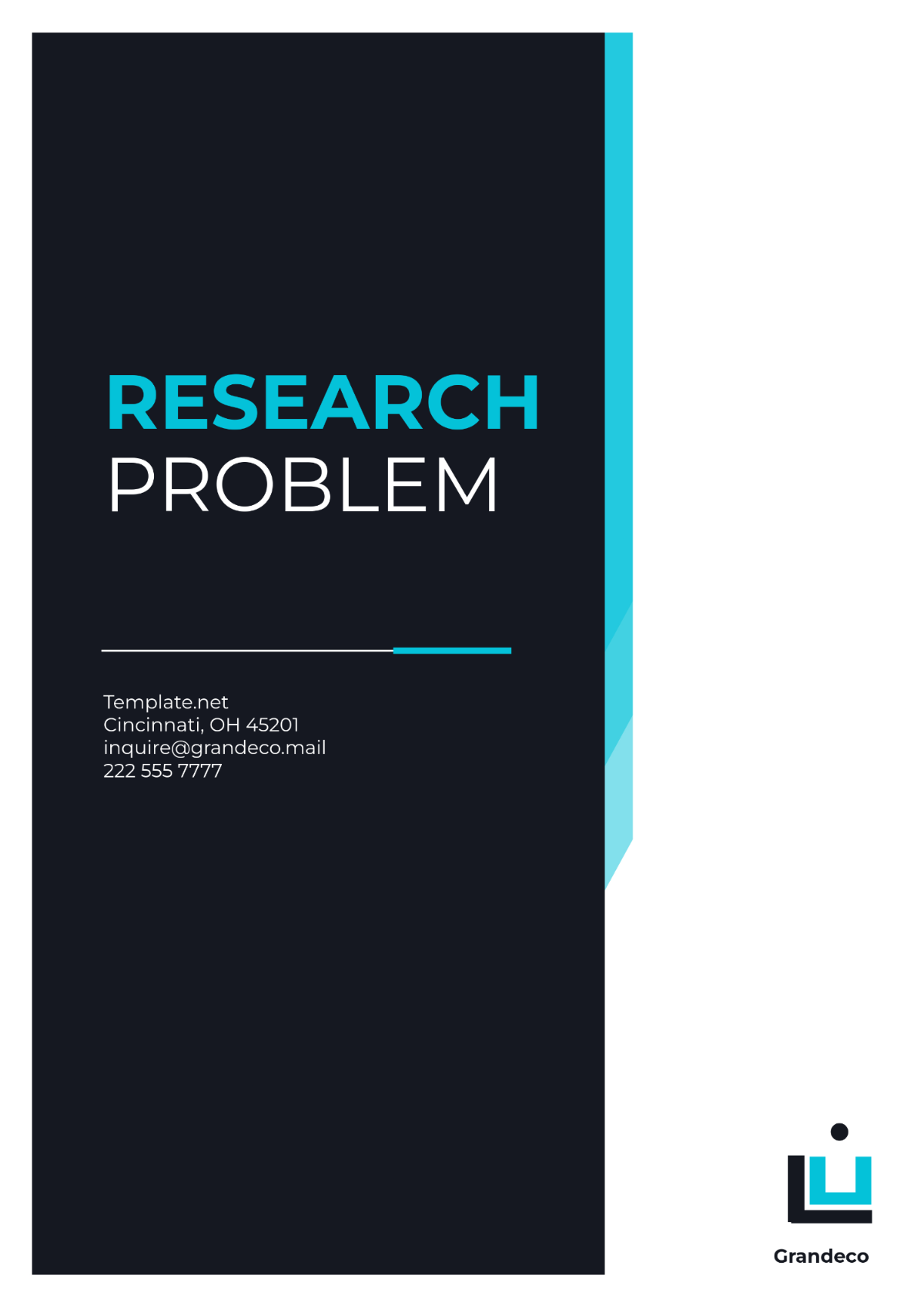Comparative Writing Research Process
1. Introduction
The Comparative Writing Research Process is a systematic approach designed to analyze and contrast various texts and research findings. This process aims to enhance understanding by identifying similarities and differences between different perspectives, theories, or pieces of literature. The insights gained from this analysis can inform academic research, policy development, and critical evaluations of existing knowledge.
2. Literature Review
Recent studies have explored various methodologies for comparative writing research. Notable works include Smith’s “Comparative Analysis Techniques” (2052), which provides a comprehensive overview of different analytical frameworks, and Lee’s “Literary Comparisons: Methods and Applications” (2053), which highlights innovative approaches in literary analysis. These sources establish a foundation for understanding current practices and gaps in comparative research.
3. Methodology
The comparative analysis was conducted using a multi-step methodology:
Selection of Texts: Texts were selected based on their relevance to the research question and their variety in perspective. This included academic articles, historical documents, and literary works.
Criteria for Comparison: Criteria included thematic elements, theoretical frameworks, and methodological approaches.
Analytical Tools: Both qualitative and quantitative methods were employed, including thematic coding and statistical comparison of key variables.
Data Collection: Data was gathered from peer-reviewed journals, historical archives, and primary texts.
4. Comparative Analysis
The analysis revealed several key findings:
Similarities: Both the literary texts and historical documents shared common themes of identity and transformation, as seen in Smith’s “Modern Identity” (2054) and Johnson’s “Historical Perspectives” (2055).
Differences: Methodological approaches differed significantly, with literary analysis emphasizing narrative techniques and historical research focusing on empirical evidence.
Trends: A trend toward interdisciplinary approaches was noted, combining literary theory with historical context to enrich understanding.
5. Discussion
The comparative analysis underscores the value of interdisciplinary research in enhancing comprehension of complex topics. The integration of literary theory with historical data provides a more nuanced perspective on identity and transformation themes. These findings suggest that future research should continue to explore cross-disciplinary methods to address emerging questions and refine existing theories.
6. Recommendations
Based on the findings of this research, the following recommendations are proposed:
Adopt Interdisciplinary Approaches: Future studies should continue to integrate methods from different disciplines to gain a more comprehensive understanding of complex issues.
Expand Methodological Frameworks: Researchers are encouraged to explore and develop new analytical frameworks that can accommodate diverse types of data and perspectives.
Encourage Collaborative Research: Collaboration between scholars from different fields can enhance the depth and breadth of comparative analyses and lead to more robust conclusions.
7. Conclusion
The Comparative Writing Research Process has provided valuable insights into the similarities and differences between various texts and research findings. The study highlights the importance of methodological diversity and interdisciplinary approaches in achieving a comprehensive understanding of complex topics. Future research should focus on further integrating different analytical frameworks and expanding the scope of comparative studies.
8. References
Lee, Emma. Literary Comparisons: Methods and Applications. Cambridge University Press, 2053.
Johnson, Alex. Historical Perspectives. Oxford University Press, 2055.
Smith, John. Comparative Analysis Techniques. Routledge, 2052.
















